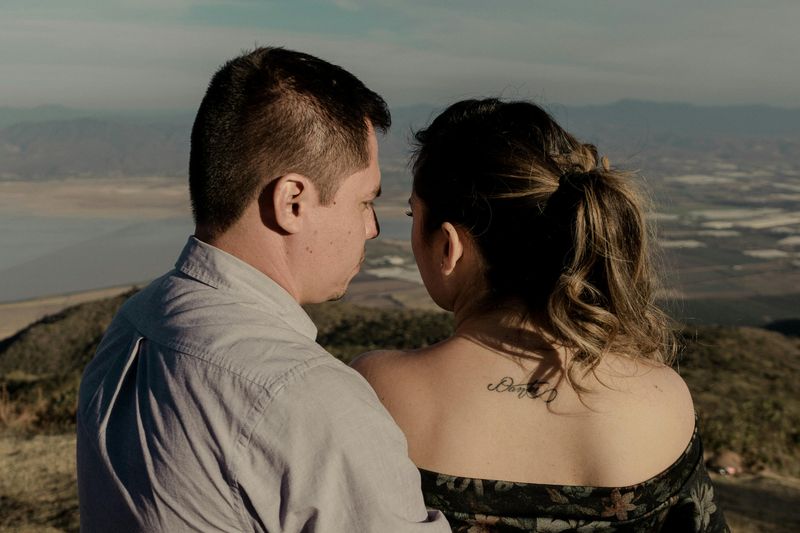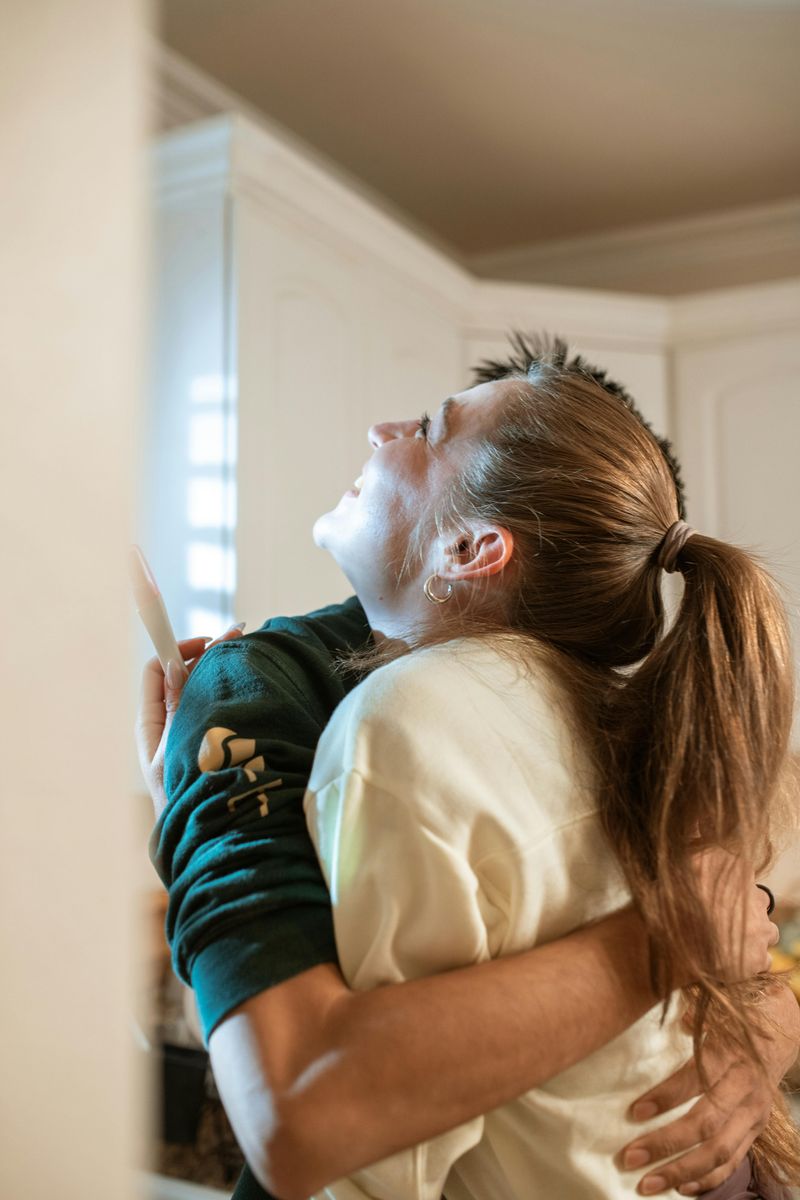8 Questions to Consider Before Reconciling With an Ex

Thinking about getting back together with an ex? This decision isn’t one to take lightly. Before you jump back into a past relationship, it’s worth pausing to reflect on what went wrong and what might be different now. Taking time to honestly answer these eight questions can help you make a choice you won’t regret later.
1. Why Did the Relationship End?

Take a hard look at what truly caused your relationship to fall apart. Was it a specific event, ongoing communication problems, or fundamental differences in values?
Sometimes relationships end due to timing or circumstances that have since changed. Other times, the issues run deeper. If you broke up because of cheating, abuse, or constant fighting, ask yourself if those problems can realistically be overcome.
Many people romanticize past relationships, focusing only on the good parts. Challenge yourself to remember both the happy memories and the painful ones that led to your separation.
2. Have the Core Issues Been Resolved?

Time apart doesn’t automatically fix what was broken. The problems that ended your relationship won’t disappear unless they’ve been actively addressed. Think about whether genuine changes have occurred or if you’re hoping things will magically be different.
Trust issues, communication breakdowns, or clashing life goals need concrete solutions. Has your ex shown real growth in these areas? Have you? Simply missing each other isn’t enough to overcome fundamental compatibility issues.
Look for evidence of change, not just promises. People often show who they are through consistent actions over time, not through words during the reconciliation phase.
3. Are You Both Willing to Change?

Successful reconciliations require both people to evolve. One person can’t do all the heavy lifting while the other stays stuck in old patterns. Ask yourself honestly if you’re prepared to make necessary adjustments, and if your ex shows the same commitment.
Change isn’t just about fixing flaws—it’s about growing together. This might mean learning new communication skills, adjusting expectations, or developing greater emotional maturity. Neither of you will transform overnight.
Watch for defensiveness or blame-shifting when discussing past problems. Someone who can’t acknowledge their contribution to the relationship’s issues likely hasn’t changed enough to make things work better this time.
4. Do You Miss the Person or the Comfort of the Relationship?

Sometimes what we miss isn’t our ex specifically, but rather the security of having someone. Being honest about this distinction can save you from repeating a mistake. Do you miss their unique qualities and personality, or just having a partner?
Loneliness is a powerful emotion that can cloud judgment. The familiarity of returning to someone you know might feel safer than starting fresh with someone new. But comfort isn’t the same as compatibility or love.
Try making a list of what you specifically miss about your ex as an individual. If you struggle to name unique qualities beyond shared memories or how they made you feel, you might be craving companionship rather than this specific person.
5. What Have You Learned Since the Breakup?

The time apart from your ex should have taught you something valuable about yourself. Maybe you discovered unhealthy patterns, worked on personal insecurities, or clarified what you truly need from a partner.
Independence can be revealing. Have you built a fulfilling life on your own? The strongest reconciliations happen when both people have developed greater self-sufficiency and aren’t trying to fill emotional gaps with each other.
If you’re exactly the same person as when you broke up, you’ll likely create the same relationship dynamics. Real transformation often comes from therapy, self-reflection, or meaningful life experiences that shift your perspective on relationships.
6. Do Your Goals and Values Align Now?

Your values and dreams might look different today than when you were together before. Honest conversations about the big stuff—kids, career ambitions, where to live, financial habits—are essential before reuniting.
Even passionate love can’t overcome fundamental differences in core values. If one of you wants children and the other doesn’t, or if your religious or political views deeply conflict, these issues won’t simply resolve themselves with time.
Shared direction matters as much as shared history. A relationship needs both people moving toward compatible futures. Consider creating a vision board together to see if your life goals truly complement each other now.
7. How Would Reuniting Affect Your Well-Being?

Think about how you felt during different stages of your relationship—not just the honeymoon phase, but also during conflicts. Did this person bring out your best self or your worst?
Friends and family often notice patterns we miss. What do trusted people in your life say about this potential reconciliation? If everyone who cares about you seems concerned, their perspective might offer valuable insight.
Anxiety about the decision itself can be telling. If you feel constant worry about getting back together, your intuition might be trying to protect you. A healthy relationship should bring more peace than turmoil, even when working through challenges.
8. Are You Choosing Out of Love or Fear?

The strongest relationships are built on positive choices, not avoidance of negative feelings. Are you considering this reconciliation because of genuine love and respect, or because you’re afraid of being alone? Fear-based decisions rarely lead to happiness.
External pressures can influence our choices more than we realize. Family expectations, approaching milestone birthdays, or seeing friends settle down might create urgency that has nothing to do with your specific relationship. Love should feel freeing, not like your only option.
Try this test: imagine meeting your ex for the first time today, knowing everything you know now. Would you still choose them as a partner? Your answer might reveal whether you’re moving toward something positive or just avoiding starting over.

Comments
Loading…